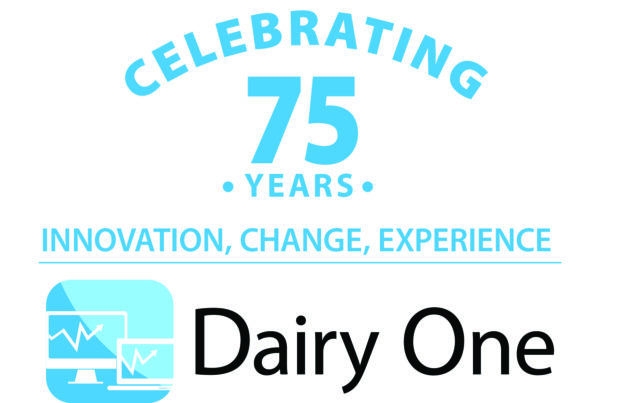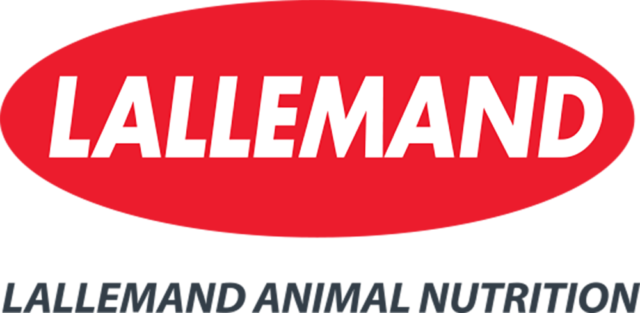When we first arrived, he took me to the balcony and put his arm around my shoulder. We were seven floors up, and the cars below us looked small. I think he wanted me to notice that. He pointed into the darkness.
In my limited Italian, I could tell he was telling me where the sea lay. What I couldn’t tell was if he was suggesting that’s where my body would wash up.
My girlfriend, Alessandra, brought me to her hometown of Taranto on the southern coast of Italy. The fact we knew other southern Italian girls who did not dare bring their non-Italian boyfriends home was of little comfort. She had told me many stories of how abrasive her city was and how rough were the people inside it.
Sure, I grew up on a farm, I would say. I’m not scared.
“So you’re a Viking,” my girlfriend’s father said, pointing to my hair and beard, and referencing the fact I had lived in Iceland. We returned to the table. He filled my wine glass up, then settled back in his seat and pointed to his chest. “I’m a Spartan.”
Italy, in many ways, is two countries. Most of the wealth and employment opportunities are concentrated in the north. The south is relatively poor and largely run by the Mafia. Work is hard to come by, and people tend to be less educated.
In Taranto, there is a steel plant the citizens are reluctant to shut down, despite it being a known carcinogenic polluter, because it is one of the few sources of jobs. All of the livestock in the area had to be killed to prevent contamination in the food supply.
Not only are the roads stained with the red sediment that settles out of the air, but many of Alessandra’s friends have had cancer, and some of their parents have already passed away.
Taranto was at one time settled by the Spartans, and its people have lost little of their intensity. The first time we parked in a public street, we were immediately approached by a heavily muscled man in a tight T-shirt. Alessandra gave him a 50-cent coin. He nodded and wished us a nice day.
He was one of many entrepreneurs we would meet, every time we got out of the car, creating employment by promising not to smash your vehicle if you paid him. Alessandra tried to warn me about southern Italian driving, but words could not have prepared me. All traffic rules are disregarded. One can only turn onto a street by putting the nose of the automobile into traffic and forcing the other cars to stop, regardless of the lights.
Simply being a passenger was harrowing. It was vehicular Darwinism, and at every intersection I knew I could die. Being a farmer’s son was of no advantage.
It was April and 70ºF in Taranto. The Italians kept apologizing for the bad weather and bundled their coats tighter. In a city of 200,000, I was the only person I saw wearing shorts.
I would leave Taranto a different person than I came – namely being 10 pounds heavier. There’s nothing more important than food in southern Italy. As soon as we were picked up at the airport, Alessandra’s mother gave us homemade rolls with olives, with parmigiana (made from fried eggplant) and pastiera (a cake made from wheat and ricotta) already waiting on the table at home because she knew I liked them.
Italian meals follow the strict order of a starter, a pasta dish, a meat dish, salad and then dessert, only one course brought to the table at a time. By the time we finished one meal, it seemed as if the next was about to start.
Once we were in town and Alessandra called her mother in a panic because we had to change the place where we would give the car to her father – and only her mother had his number. Alessandra explained that her mother needed to call him quickly so he wouldn’t be in trouble for being late to work. “Yes, yes,” her mother said. “But first, what do you want for dinner tomorrow?”
For as much as the trip was about learning about where my girlfriend came from, it also provided for some news in the apartment complex her parents lived in. Every time we took the stairs, we would run into neighbors who would say “We heard at the bakery that there’s a foreigner here. Is that him?”
The female friends of Alessandra’s mother frequently showed up while I was there, looking me over and making an appraisal. They all said the same thing: “He’s not as bad as he looks in his picture,” making me wonder what photograph has been circulating southern Italy.
From there, the reactions varied from those who gave Alessandra the thumbs up to the woman who slapped me on the back as hard as she could when she walked by, leaving a bruise but no explanation.
When we left for the train that would take us out of Taranto, we went in the Italian tradition of being late. Alessandra’s mother hugged me at the door, and the Spartan shook my hand at the station. I wasn’t given a badge or any formal recognition, but there was a feeling I had survived something.
It was silently agreed upon that I would be allowed to continue dating their daughter. And as for Alessandra, I would no longer accuse her of being direct and brash, having now seen her natural habitat. I brought back a tan, and a belly, and a tendency to shudder every time I get in a car. ![]()
Ryan Dennis is the son of a dairy farmer from western New York and a literary writer. The Dennis family dairies and maintains a 100-plus cow herd of Holsteins and Shorthorns.




